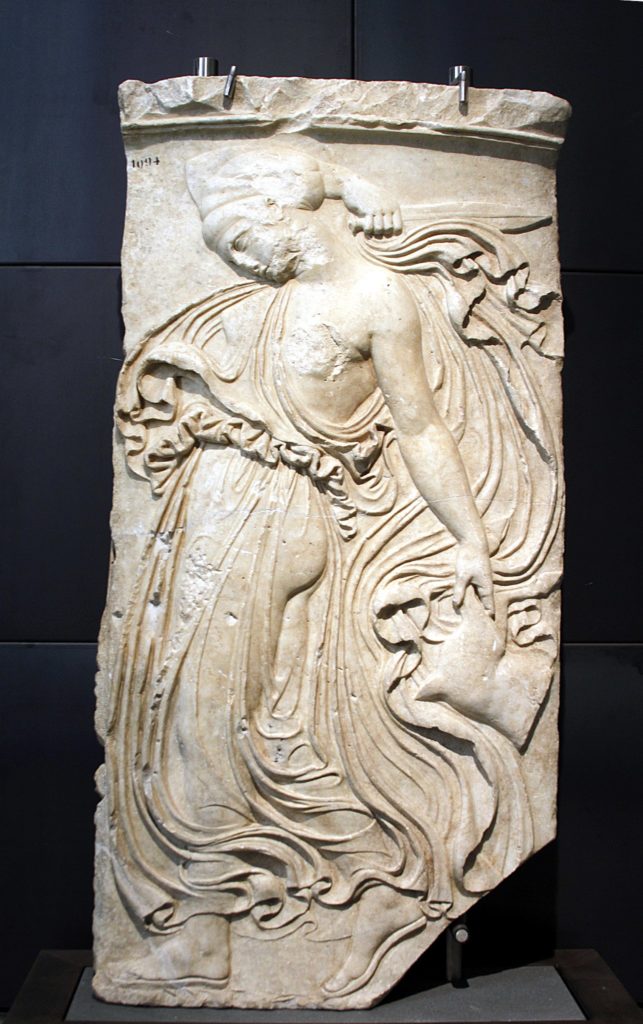By Charlene Cat with Dan Wild
Phidias: I would love to go to space. The other night I had a strange dream. It was of a rocket with five astronauts, so they are called. But it failed on launch and returned to the ground and became a ball of fire. One astronaut survived. What could this dream mean? With your leafy quotes, Proclivia, perhaps you could interpret it for me…
Proclivia: If you would like to go to the space void, the wind on the earth could not float you through the atmosphere. A spaceship is a good idea, but as in your dream, it is not safe enough yet, at least not for a plebeian like you Phidias.
Phidias: They way you flash those marble teeth, Proclivia, indicates that you are joking, at least as far as me being a lowly plebeian.
Proclivia: There is nothing wrong with being a lowly plebeian.
Phidias: But to master space?
Proclivia: Space was my childhood dream, I would like to go one day, when I am old enough that I won’t be afraid of dying in the middle. There are people who die for their dreams, or die for their passions. Their bodies are in Mount Qomolangma, I envy them, they made the highest mountain in the earth their forever tomb.
Phidias: So by following your dreams, and dying for them, you end up in this Mount Qololangma.
Proclivia: Qomolangma. I’m surprised you’ve not heard of it, being from as far south as you claim to be.
Phidias: There is said to be a mountain as massive as you describe – one that could fit the tombs of those worthy to be gods – east of my home province. But I ventured north. But it wasn’t far enough.
Proclivia: Certainly not far enough to escape yourself!
Phidias: You are on fire today Proclivia. Your wit soars above Qomolangma. Maybe I can fly to space on your wit. But where can I go? Aristarchus established that we are not the centre of the universe, but it is going to take supreme effort to leave this planet. How many other worlds must be out there? Sometimes I think I would place myself in a pod and travel for thousands of years to escape the pangs of Gaia. I came here because of family, who don’t expect me to make the long journey south again unless I return as a rich merchant. I am a chattel, of both my family and this vast, unforgiving empire. Is that how you feel? Or are you one of the empire’s admirers? Or something in between? I’ll try not to hold it against you, whichever way you answer.
Proclivia: The question that you are asking is where I belong to. I have found being an observer comfortable. Time likes tides, pushing me here, it may push me back, if I don’t swim to the shore while it is peaceful.
Phidias: I feel the opposite. Pushed from the shore. But why do I have such thoughts right now when we are surrounded by such a peaceful scene? The wind buffets our hair, the sun sinks to enlighten other shores, the reds and blues and yellows make the sky an artist’s palette, and we look out upon the gentle waters of the port. The twilight’s golden silence is almost spiritual.

Proclivia: Then that is how you should look at things. Spiritually. Don’t question too much why you’re here. You could have stopped at any of the ports or cities along the way. Yet you chose to come here, to the Eastern shores of the Roman Empire. And you are free to leave.
Phidias: Free to go back to where I came from! It has already been more than three years. But I’ve barely begun to set up my enterprise. I’d rather study the many languages of the people who come through this vast metropolis.
Proclivia: That is your choice. By the way, I mentioned your talents in translation to a rising family, and they would like a few scrolls to present to eminent guests.
Phidias: Thank you for your recommendation. I came across this article while rummaging among the dusty archives of that library I frequent next to the cafe. I do hope that librarian, Arsinoe I think she calls herself, starts spending less time reading and more time sorting! Anyway, in the article, an ex-slave, Secundio, rose to become an influential Roman patron at the Pompeii resorts. It almost seems there was more social mobility last century than during today’s time of pestilence. What next? A flood of biblical proportions?
Proclivia: Only time will tell if your dramatic words become real-life drama. As for those slaves, they were lucky – the lucky slaves of their time. You have to make yourself the lucky plebeian of this time.
Phidias: I can testify to struggle. How I would like to rise like this ex-slave Secundio! But the plague here has restricted me to one year’s work out of the last three! If it wasn’t for my dodgy translation services I would have moved on already. Maybe even further West.
Proclivia: I am the lucky leaf that enjoys the wind by my side. I went with the flow and see what it led me to. Nothing can be too bad.
Phidias: There you go again, with those enigmatic sayings from lands faraway. You are indeed a lucky leaf that has captured favourable currents. And you are dancing too now! Watch you don’t dance off those cliffs!
To be continued…
